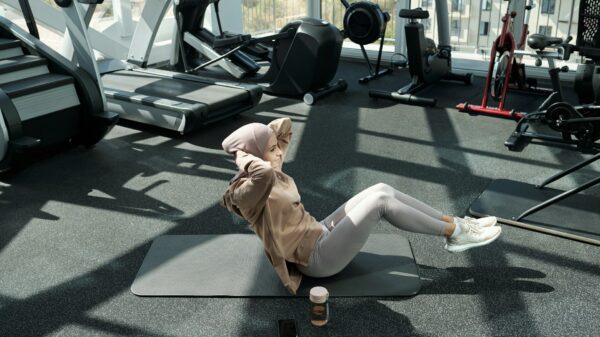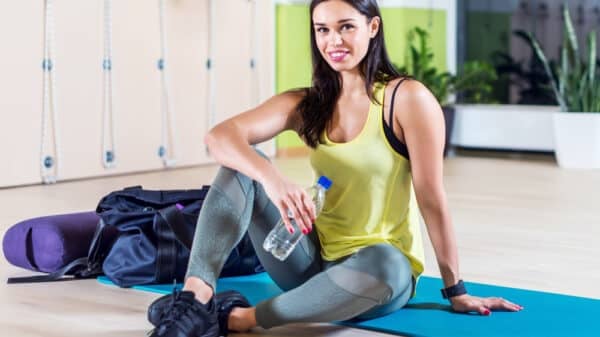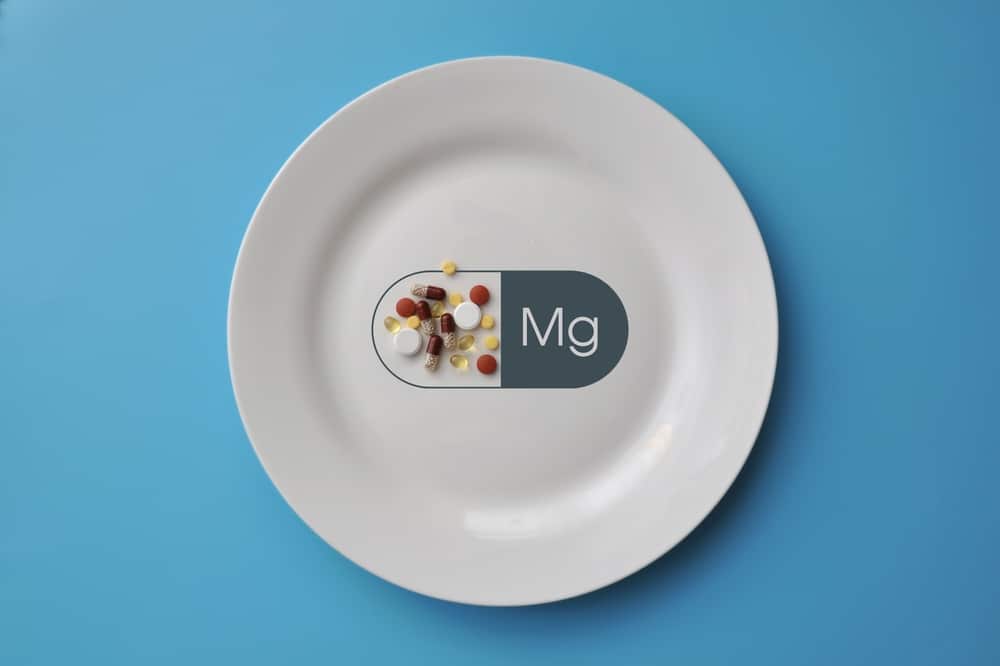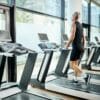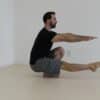Diet culture, multi-level marketing scams, and the unending stream of social media influencers relentlessly pushing their own versions of “healthy eating” can make it feel nearly impossible to sift through all the hype and discern what’s truly beneficial for our bodies. It’s frustrating, isn’t it? When you step into a grocery store or scroll through your feeds, it’s as if you’re being hit with conflicting messages about the foods you should avoid—like bread and pasta—and those you absolutely must supplement, like collagen and detox teas. In this chaotic environment, we strive to seek genuine wellness, but it often feels like searching for a needle in a haystack.
Despite the noise, it’s important to focus on nourishing your body with wholesome, nutrient-dense foods and to build a relationship with food that is not driven by guilt or fear. This involves embracing gentle nutrition—prioritizing foods that support your health without falling prey to extremes. However, platforms like NutritionTok can take misconceptions to heart-pounding levels, complicating our understanding of nutrition. In this article, we aim to demystify some of the most common myths surrounding magnesium and magnesium deficiency, leveraging expertise from health professionals to clear the fog.
While soothing magnesium sprays, flakes, and bath salts have amassed a dedicated following, Kelsey Costa, MS, RDN—a registered dietitian and nutrition consultant affiliated with the National Coalition on Healthcare—contends that these are not the magic solutions many promote. Costa stresses that the idea that magnesium is absorbed more easily through the skin than through oral supplements lacks substantial scientific backing. In fact, she references a study published in Nutrients in 2017, which concluded that transdermal magnesium application cannot be consistently recommended. This buzz seems to stem more from savvy marketing than from solid science.
Let’s delve into one of the most pervasive myths you might encounter: the belief that oral supplements are the best way to boost your magnesium intake. While supplements can certainly play a role in addressing specific needs, Costa points out that they’re not the only—or necessarily the best—solution. Nutritional sources of magnesium abound in nature. Sarah Schlichter, MPH, RDN, another respected registered dietitian, lists nuts and seeds, especially almonds and cashews, alongside magnesium-rich greens like cooked spinach and even baked potatoes (skin intact!) as fantastic options. So, rather than solely reaching for a supplement bottle, considering how you can incorporate these delicious options into your meals can be a more nourishing approach.
It’s crucial to understand just how important magnesium is for you. It helps regulate sleep quality, supports gut health, and plays a vital role in numerous bodily functions, making it key to your overall well-being.
Yet another common myth is the blanket statement that “everyone is at risk of magnesium deficiency, so we should all take supplements.” While it’s true that magnesium is essential and that studies indicate nearly half of Americans don’t meet the estimated average intake, Costa cautions that it’s misleading to imply that everyone needs supplementation.
Not everyone is in the same boat. Those with chronic health issues, individuals on specific medications, or those who may not eat enough magnesium-rich foods—think dark leafy greens, whole grains, nuts, and legumes—are indeed at a greater risk of deficiency. Heavy alcohol consumption can also be a risk factor.
However, the nuances of magnesium deficiency can be tricky to navigate. Standard blood tests might not give you the full picture. “Because magnesium is stored primarily in our tissues and bones, a person can have deficiency despite normal blood levels,” Costa explains. This means that relying on a simple blood test may not provide the clarity you need regarding your magnesium status.
In a world flooded with misinformation and quick-fix promises, having access to trusted information is gold. Taking the time to understand your body’s needs, exploring wholesome food sources, and consulting with professionals can equip you with the tools to make informed decisions that align with your health goals. As you consider your wellness journey, remember: It’s not about following the latest trends. It’s about understanding your body and what it genuinely needs to thrive.



